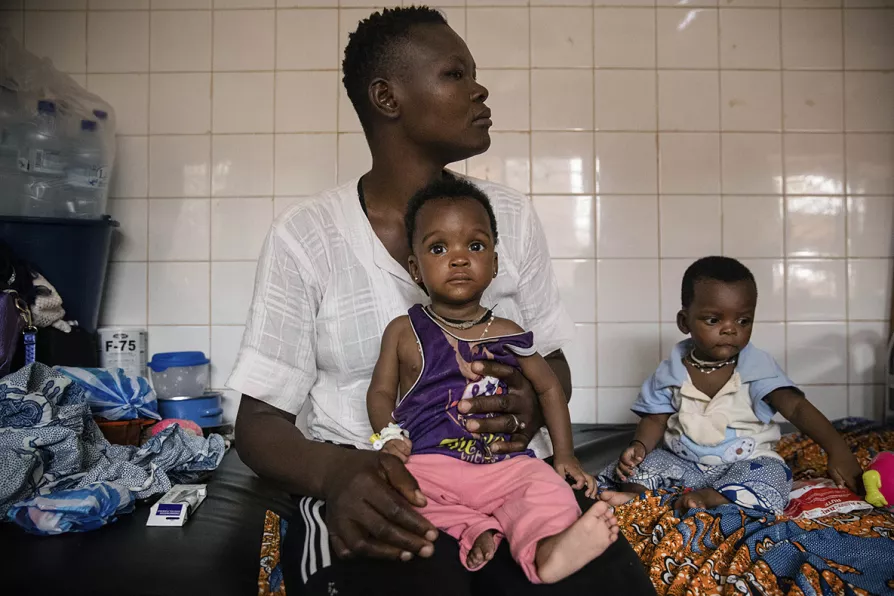
 Malnourished children wait for treatment in the pediatrics department of Boulmiougou hospital in Ouagadougou, Burkina Faso, on April 15, 2022
Malnourished children wait for treatment in the pediatrics department of Boulmiougou hospital in Ouagadougou, Burkina Faso, on April 15, 2022
THE United Nations delivered grim news on global food security on Wednesday, reporting that 2.4 billion people didn’t have constant access to food last year, as many as 783 million faced hunger, and 148 million children suffered from stunted growth.
Five UN agencies said in the 2023 State of Food Security and Nutrition report that while global hunger numbers stalled between 2021 and 2022, many places are facing a deepening food crisis.
They pointed to western Asia, the Caribbean and Africa, where 20 per cent of the continent’s population is experiencing hunger, more than twice the global average.

The West’s dangerous pesticide dumping in Africa is threatening biodiversity, population health and food sovereignty, argues ROGER McKENZIE

For those in the West, hunger is often just the familiar feeling of a growling stomach between meals — in Gaza, it has become a strategic weapon of slow, systematic and deadly destruction, writes MARC VANDEPITTE












